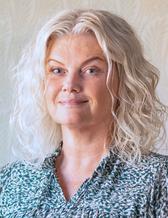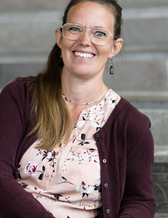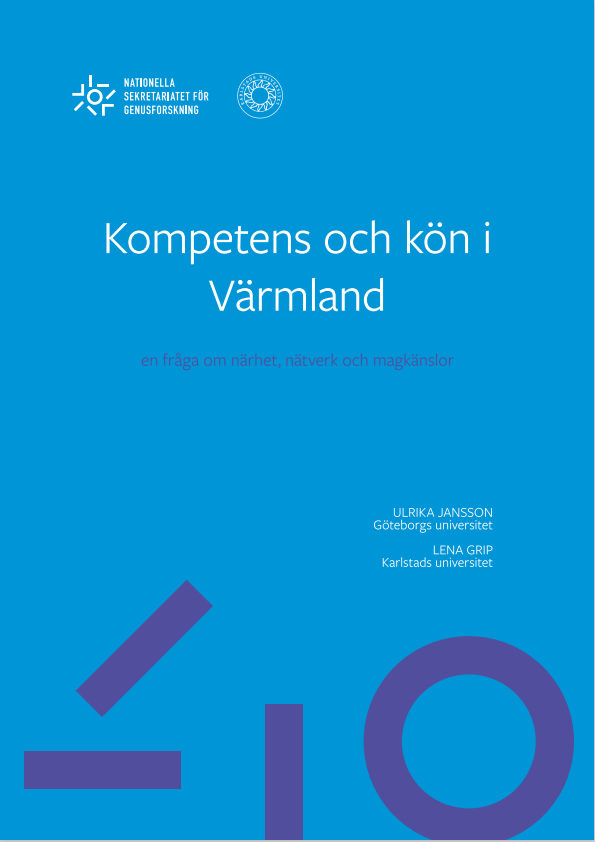
- Home
- News and events
- Find news
- Highlights research on gender, work and place
Highlights research on gender, work and place
A just working life is one of three operational areas at the Swedish Secretariat for Gender Research. This spring, the Secretariat highlights current research on gender, work and place at an international conference and through guest editing of the Swedish journal Tidskrift för genusvetenskap.

Relevant skills provision is usually described as both a prerequisite for increasing people's opportunities in the labour market, and something that contributes to regional development and sustainable growth. However, research shows that who is considered to have the right and necessary skills in recruitment processes is largely characterised by gender norms.
"Men are more often assumed to have the most relevant networks and the necessary potential and experience for different types of jobs and careers," says Ulrika Jansson, PhD in Working Life Science and senior analyst at the Swedish Secretariat for Gender Research at the University of Gothenburg. "Gender inequality in recruitment processes is turned into a question of perceived deficiencies in women, such as the lack of the 'right' education, experience or characteristics."

Together with Lena Grip, associate professor of Human Geography at Karlstad University, she has written the report Kompetens och kön i Värmland – en fråga om närhet, nätverk och magkänsla (Skills and gender in Värmland – a question of proximity, networks and gut feeling)
The study focuses on how perceptions of competence and gender affect the skills supply and recruitment to senior positions in Värmland, but the situation there is not unique. According to Ulrika Jansson, the situation is similar in several regions in Sweden.
"Skills supply is a national concern and there are similar competence challenges in different places. At the same time, places also differ in terms of expectations around gender relations, and in demographic and infrastructural conditions. Perceptions of gender and place interact in ways that need to be made visible in order to achieve a sustainable supply of skills," she says.
The two are now bringing their research results to the American Association of Geographers' international conference AAG2024, 16-20 April. While there, they will host the session "Intersectional perspectives on recruiting, retaining, and skills supply in times and places of transition", and present their own research. The conference brings together researchers from many different countries and Ulrika Jansson looks forward to discussing conditions for equal skills supply from different theoretical perspectives.
"We want to talk to researchers with an interest in the spatial segregation of work, feminist work geography and subjects that in various ways engage with perspectives on organisational, local and regional recruitment and skills supply processes," she says.
Within the framework of the Secretariat's operational area "A just working life", Ulrika Jansson and Lena Grip are also guest editors of the upcoming issue of the Swedish research journal Tidskrift för genusvetenskap, themed "Gender, work and place", which will be published later this spring.
"Understanding gender relations in working life and segregated labour markets requires knowledge at the intersection of gender studies, labour studies and human geography. We want to contribute to this through the thematic issue. Among other things, we highlight research that discusses spatial aspects of work organisation and how place affects workers in their daily labour," says Ulrika Jansson.

